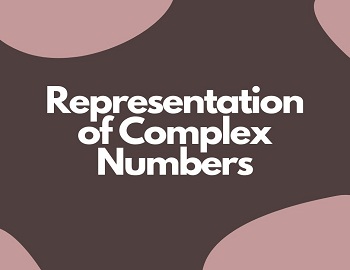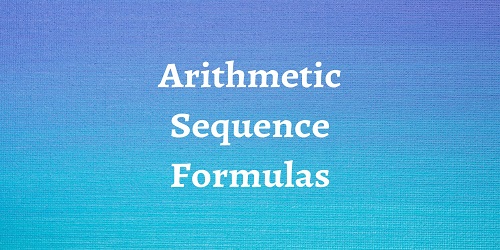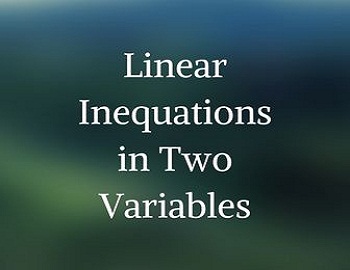Odds in Favour or Against an Event:
Odds in Favour of an Event- It is defined as the ratio of the number of favorable cases of an event to the number of unfavorable cases (i.e.)
| odds in favor of an event A = Number of favorable cases/Number of unfavorable cases |
Odds Against an Event- It is defined as the ratio of the number of unfavorable cases of an event to the number of favorable cases of an event i.e.
| odds against an event A = Number of unfavorable cases/Number of favorable cases |
If m be the number of cases favorable to an event A and n be the unfavorable cases.
| ∴ odds in favor of A = m/n ⇒ P(A) = m/(m+n) and P(Ā) = n/(m+n) |
| Example 1- The odds in favor of an event are 3:4. Find the probability of- (i) occurrence of an event (ii) non-occurrence of an event. Solution- odds in favor = 3/4 ∴ number of favorable cases = 3x and number of unfavorable cases = 4x ∴ Total number of exhaustive cases = 3x + 4x = 7x (i) P(occurrence of an event) = 3x/7x = 3/7 (ii) P(non-occurrence of an event) = 4x/7x = 4/7 |
| Example 2- The probability of an occurrence of an event is 3:5. Find the odds against this event. Solution- Let A be the event such that P(A) = 3/5 ⇒ P(Ā) = 1 – P(A) ⇒ P(Ā) = 1 -3/5 ⇒ P(Ā) = 2/5 ∴ odds against an event = P(Ā)/P(A) ⇒ odds against an event = (2/5)/(3/5) ⇒ odds against an event = 2/3 |









Comments (No)